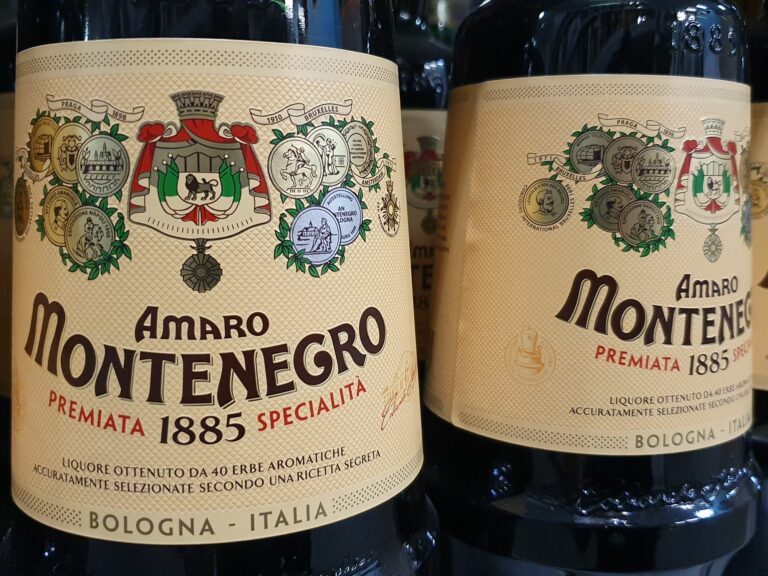Introduction: The National Drink of Montenegro
Montenegro, a small Balkan country, boasts of a rich cultural heritage with a distinctive cuisine and traditional drinks. One such drink that holds a special place in the hearts of Montenegrins is their national drink, Rakija. Rakija, a fruit brandy, has been a part of the Montenegrin culture for centuries and is considered a symbol of hospitality, warmth, and friendship.
History: Origins and Significance of the National Drink
The origin of Rakija can be traced back to the 14th century when Montenegro was ruled by the Ottoman Empire. It was during this time that the Turks introduced the distillation process that was used to produce Rakija. Initially, Rakija was used for medicinal purposes, but gradually it became an essential part of the Montenegrin cuisine and culture. The drink gained popularity among the Montenegrin people due to its ability to bring people together and promote a sense of community and togetherness.
Ingredients: What Goes into the National Drink
Rakija can be made from a variety of fruits – plums, grapes, apples, pears, and figs, to name a few. The quality of the fruit used plays a crucial role in determining the taste and aroma of the drink. In addition to the fruit, sugar, water, and yeast are also added to the mix. The ingredients are then fermented and distilled, which results in a potent and flavorful drink.
Preparation: How to Make the National Drink
The process of making Rakija is a closely guarded secret among the Montenegrin people. The fruit is harvested and crushed, and the pulp along with the juice is left to ferment for several weeks. The fermentation process helps to break down the natural sugars in the fruit, which is then distilled in a copper pot still. The distilled liquid is then aged in oak barrels, which helps to mellow out the flavor and aroma of the drink.
Consumption: Customs and Traditions Surrounding the National Drink
Rakija is not just a drink; it is an experience. It is often served as a welcome drink to guests, and it is considered impolite to refuse. The drink is also an essential part of Montenegrin celebrations, such as weddings, christenings, and other social events. It is often served alongside traditional Montenegrin delicacies, such as prosciutto, cheese, and olives.
Conclusion: The Role of the National Drink in Montenegrin Culture and Society
Rakija is more than just a drink; it is a symbol of Montenegrin hospitality, warmth, and friendship. It has played an essential role in the country’s history, and it continues to be an integral part of Montenegrin culture and society. Whether it is enjoyed among family and friends or served to guests, Rakija is a drink that brings people together, and it will continue to do so for generations to come.

